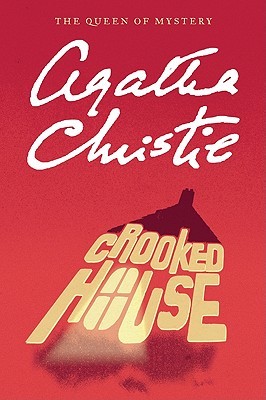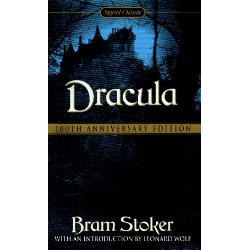I met a fellow a year ago, a friend’s roommate, who claimed to be a published writer.
“Oh, yeah?” I said, feigning interest. I, too, wanted to be a published fiction writer, but I’d always had a hard time relating to other writers. I didn’t care what their books were about. I didn’t care where they got their ideas (usually thinly-veiled descriptions of their own lives). I was just jealous that they were published. So, in an attempt to make conversation, I asked the most basic, non-offensive question I could think of: “What would you say your favorite book is?”
The writer replied, speaking in his elegant, flowing Irish brogue, “Ah, well, that would have to be Ulysses, by James Joyce.”
I laughed in his face.
“What!” I exclaimed. “Come on, no one’s favorite book is Ulysses.”
In retrospect, maybe I was a little rude. For a while, I stood by what I said. At best, it’s pretentious to have Ulysses as a favorite book. At worst, it’s a downright lie. No one reads that book for any reason but to say they’ve read it. But after a while, I considered that maybe I was wrong. Maybe the rest of the literary world really did appreciate things I didn’t.
Maybe I was the only one faking it.
Since I completed my Master’s degree in English, I have been making the same terrible joke to everyone. “Well, it’s confirmed. I’ve officially mastered English.” I get a halfhearted chuckle out of most people, but my playful sarcasm over my newly-acquired Master’s is more revealing than it seems.
I’m embarrassed because even with a graduate degree in my field, I’ve started to feel as if I haven’t mastered it at all. Who is the main character in For Whom the Bell Tolls? Um, some guy who was in a war, I guess. Can I describe the overall idea behind Nicholas Nickleby? If it’s anything like Dickens’s other novels, it’s social satire told through the life of a main character and his web of interrelationships with dozens of other characters. What happens in Pride and Prejudice? I have no idea, but probably somebody gets married.
I’ve always figured it’s that sort of guesswork that enables an English major to succeed, and that like me, no one actually reads all of that nonsense. We read what we like (for me: Vladimir Nabokov, Daniel Handler, George Orwell, and David Sedaris, to name a few) and just go on Wikipedia or Sparknotes to confirm that we know the vague concepts behind the works we don’t feel like plodding through.
Once I got to graduate school, I realized I might be the only one doing that. I met yet another young man who told me his favorite book was Ulysses. This time I replied, “Really?” I was in shock. I’d never touched that book. Never thought about opening it. I hadn’t even considered reading a summary. And here was the second person in the span of a few weeks who’d declared it his favorite.
“Yeah,” he told me. “I spent months just sitting down and dissecting every word, looking up every reference. It totally changed my life.”
Was this how every literature nerd did it? Were they all really dedicated enough to embrace each work placed before them, dutifully taking notes in the margins, tracking each allusion, translating every unknown phrase? Did they really read everything their professors assigned, rather than skimming hundreds of pages the night before class the way I did, hoping they wouldn’t get called on to answer any questions about specific details?
I suddenly felt inadequate even outside of my literary circle. More than ever before, I grew nervous when my friends would expect me to know the plot of a story or the definition of a word.
“You should know that,” they’d tell me. “You’re an English major.” Half the time I wouldn’t even give an answer for fear of being wrong.
Was it really my job, as a lover of English, to memorize the whole dictionary and become my friends’ personal card catalog? Would I be scoffed at every time I didn’t know the answer to a book-related question on Jeopardy! or a literary reference in a movie?
No. As a dear friend of mine declared in her recent Soapbox post, “That Which We Call a Rose,” (a Romeo and Juliet allusion, I assume): “You can’t know it all.” That’s true no matter which nerd culture you embrace. No matter how much you love the topic (and, although my academic peers may weary me, I do love literature), you don’t want to saturate your life with it in the sole interest of becoming a walking encyclopedia. If you did, there would be no time for other valuable activities, such as mocking people for liking Ulysses.
So, don’t forgive me—professors, students—for all my sins. It’s true; I have not been able to complete many of my readings. I have spent hundreds of dollars on books, some of which I may never get around to finishing, all so I can go into class and nod along as if I, too, know what sound startled Clarissa in chapter whatever of Mrs. Dalloway. I’m no longer ashamed of that. There’s only so much time in a week, and I don’t study literature to fake it. I study it to love it. If I believe I’ll love a work, I will go back and reread anything I missed when I didn’t have time for it during the semester. I will embrace each story for what it is, not for what it means about me as a reader, a writer, or a student.
People will likely still turn to me to answer questions about words they don’t know or books they haven’t read, and I will continue to use my extensive experience in interpreting context clues to give them the best answers I can. They will be satisfied, and I will remain their resident English nerd. If only they knew how little I knew.
Ana is a self-consciously self-proclaimed English nerd who hasn’t read everything she’s supposed to. She hasn’t even read all the previous posts on this blog, and there really aren’t that many. She double-checked all allusions in this story with Wikipedia.








![Book: The Sign of [the] FourAuthor: Sir Arthur Conan DoyleYear published: 1890Reading date: July 17, 2014](https://images.squarespace-cdn.com/content/v1/545a413ce4b0a17b7513a64b/1415843176918-UN0CCP0YEPIAZYPTXMRX/the-sign-of-four1.jpg)






